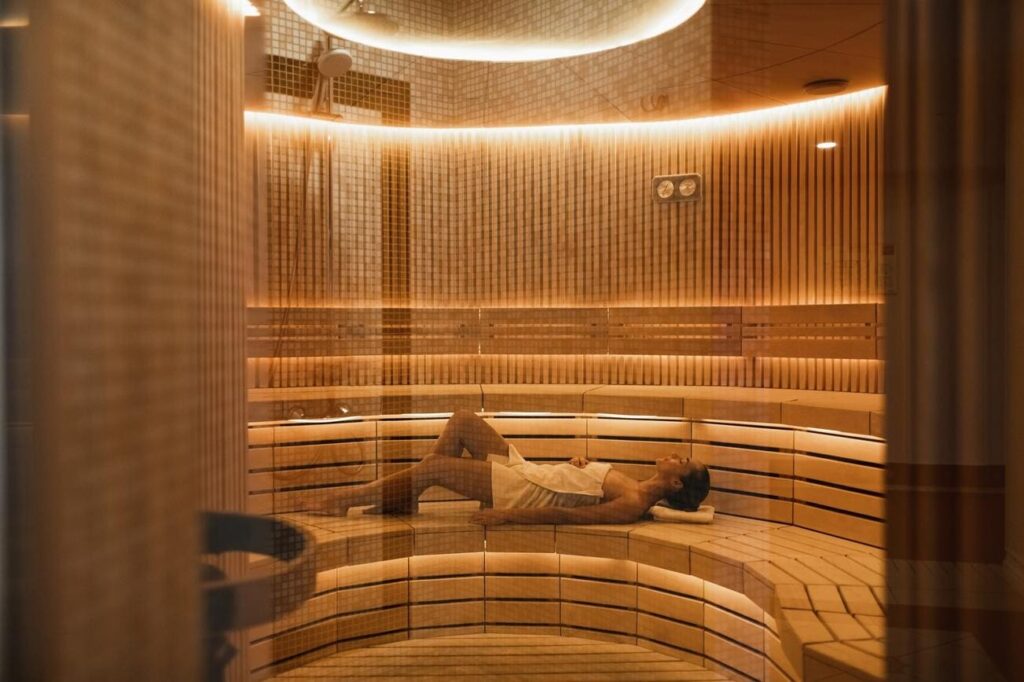Jennifer C. Wolfe, Esq., APR is the Owner & Executive Director of Whisper Creek Spa in Hilton Head, SC.
In the luxury wellness industry, the choice between franchising and independent growth can determine more than just your operational structure; it can shape your brand identity, customer experience and long-term financial health.
While franchising may appeal to those seeking rapid expansion and a turnkey solution, it can also limit creative freedom and control, especially in high-end markets where exclusivity and authenticity are paramount.
For luxury spa owners like myself, independence offers a unique opportunity to build a brand that reflects a distinct vision. When combined with the strategic use of licensing for expansion and real estate ownership as a core investment strategy, I find this approach not only enhances brand integrity but also provides a path to sustained income generation and future exit strategies.
The Advantage Of Owning Versus Leasing Real Estate
One of the most significant differentiators between independent operators and franchisees lies in real estate strategy. Franchising often requires leasing, with franchisors prioritizing rapid market entry into high-end developments over long-term asset building.
They also frequently include onerous terms in their franchise agreements so that if you do develop your own real estate, they can acquire it at a discount if you ever leave the franchise. While leasing provides flexibility, it also leaves franchisees vulnerable to rising rents and lacks the equity-building potential that comes with property ownership.
By contrast, independent luxury wellness owners are usually more free to invest in the real estate that houses their operations. This creates a dual revenue stream: The spa business itself and the appreciation of the property over time.
From my experience, luxury wellness facilities, in particular, benefit from this approach, for the serene, high-end environments they create can increase the value of the property. Additionally, if designed properly, a luxury spa setting can be converted to a high-end holistic medical and wellness center when you are ready to exit, adding more value to the investment you make.
Scalable Expansion With Low Overhead By Licensing Instead Of Franchising
Once you successfully build your independent luxury business, the opportunity for expansion includes licensing or franchising. Licensing complements real estate ownership by enabling expansion without the need for heavy capital investment or relinquishing creative control.
Instead of franchising, which often requires building or leasing new locations, licensing allows owners to monetize their intellectual property—proprietary treatments, product lines or operational systems—while maintaining a leaner asset portfolio.
I’ve found that licensing pairs nicely with high-net-worth individuals nearing retirement who may want to diversify their investments while fulfilling personal dreams of business ownership. In other words, you can generate income while maintaining more creative control.
It can also appeal to existing real estate owners who may be seeking a tax-free exchange from the sale of an existing property and are in need of a business model to pair with the newly acquired property.
Overall, this model aligns perfectly with the luxury wellness ethos. Each licensed partner operates independently, adapting the brand’s core offerings to local markets while preserving the unique essence that defines the original spa. The licensor retains control over brand standards and intellectual property without the operational and real estate burdens typical of franchising.
The Value Of Independence In Luxury
In the luxury wellness market, independence is a competitive advantage. High-end clientele value authenticity, exclusivity and tailored experiences—all of which can be diluted in a franchised model.
An independent luxury wellness business that owns its real estate can also offer an enhanced sense of permanence and prestige. Clients are more likely to trust a business that has invested deeply in creating an exceptional environment, knowing it’s here to stay.
Licensing allows you to share your expertise and expand your influence without sacrificing these core values. By carefully selecting partners who align with your brand’s ethos and maintaining a strategic focus on quality over quantity, you can grow your brand thoughtfully in a saturated market.
Instead of dictating every detail, licensors provide guidelines, resources and intellectual property that licensees can adapt to their specific markets without the burdens of franchises. This encourages creative freedom while maintaining the integrity of the brand’s core offerings.
For example, a licensed luxury spa in a tropical destination might incorporate locally sourced ingredients into the treatments while still using the original spa’s signature techniques and products. This balance of consistency and customization enriches the customer’s experience and enhances the brand’s global reputation.
Building Long-Term Partnerships
Licensing fosters a collaborative relationship between the licensor and the licensee. Unlike franchising, where the relationship can feel transactional, I find licensing agreements are often built more on mutual trust and shared goals. This partnership mindset is particularly important in the luxury sector, where the success of the brand depends on every partner delivering exceptional experiences.
By creating a network of licensed partners, a luxury wellness business can expand into new markets without losing sight of its core values. The wellness industry is booming, but this growth has led to market saturation in many regions.
I think licensors can more effectively and carefully select partners who align with their brand ethos, expanding only into markets where the demand for luxury wellness is strong. This selective approach ensures that every new location enhances the brand’s prestige rather than diluting it.
The Independent Path To Wealth And Brand Integrity
For luxury wellness owners, the combination of real estate ownership and licensing offers a compelling alternative to franchising. It ensures that your business remains true to its unique vision, builds equity through property investment, and expands through strategic partnerships that preserve the brand’s integrity.
In a world where both luxury and longevity matter, I believe this approach provides a pathway to success that goes beyond operational profits, creating enduring value for your brand and your balance sheet.
Forbes Business Council is the foremost growth and networking organization for business owners and leaders. Do I qualify?
Read the full article here











